Shot in arms fairs around the world over the last eight years, Nikita Teryoshin’s Nothing Personal reveals the chilling business of conflict
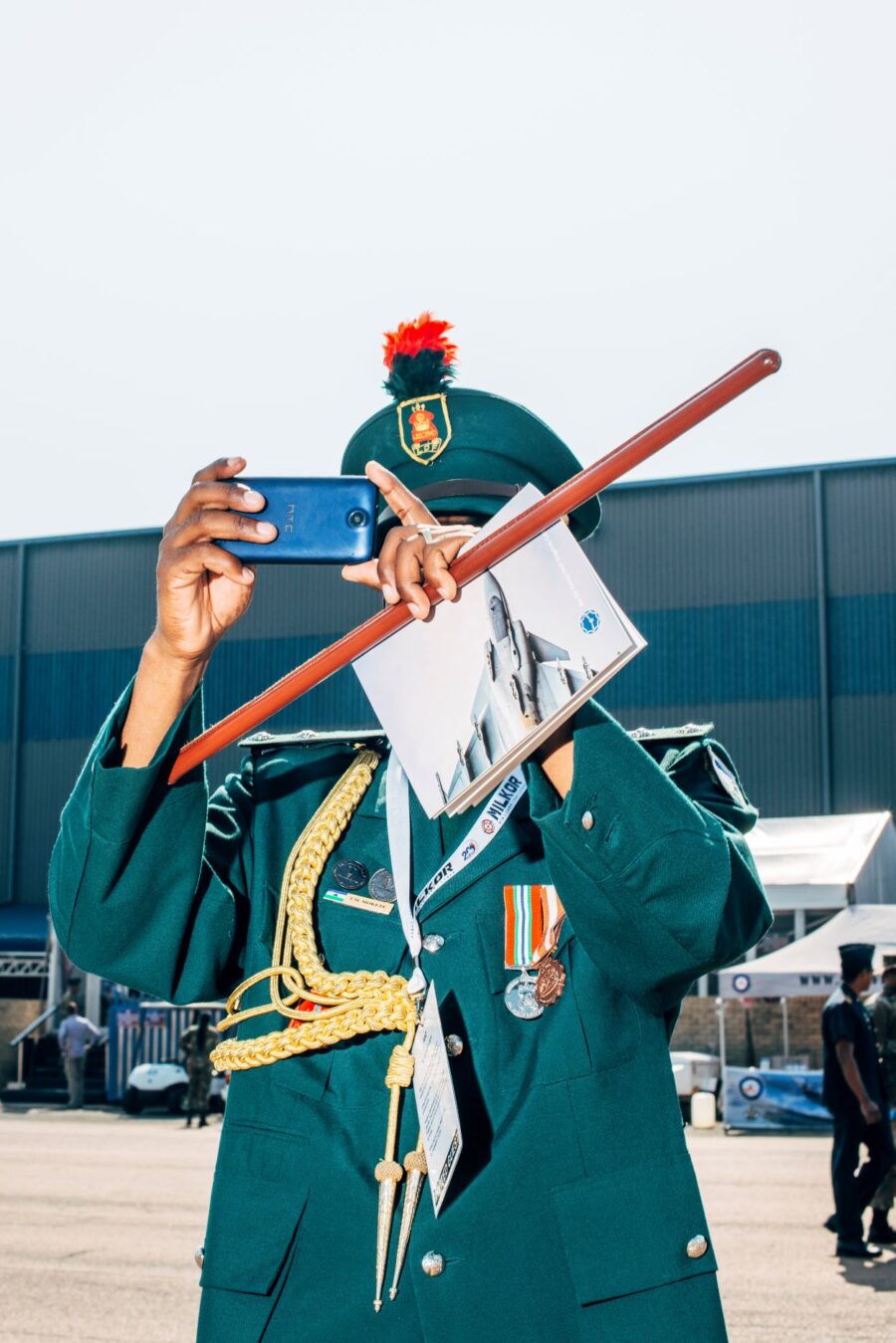

Shot in arms fairs around the world over the last eight years, Nikita Teryoshin’s Nothing Personal reveals the chilling business of conflict
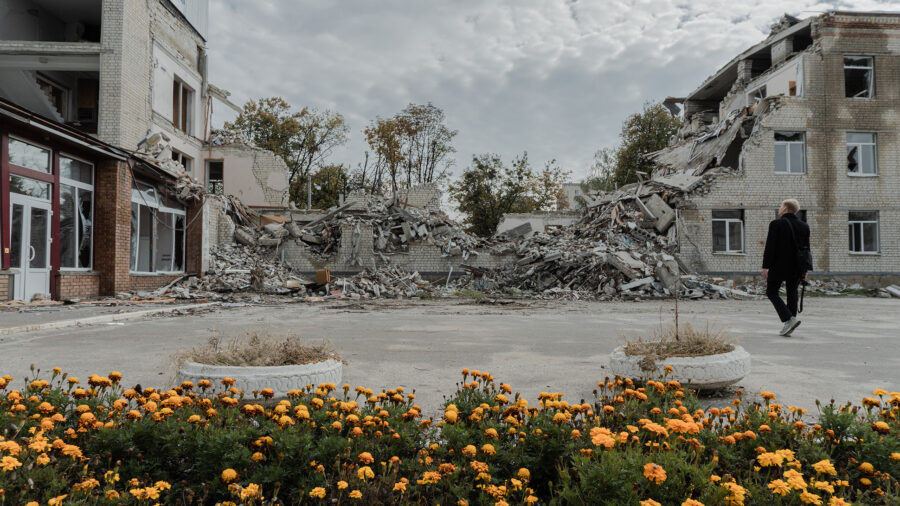
Last autumn, Odesa Photo Days Festival ran the Photographic Storytelling Mentoring Programme, empowering young artists to document how the war has affected their lives. The 40 projects tell stories of trauma, displacement, resilience and hope
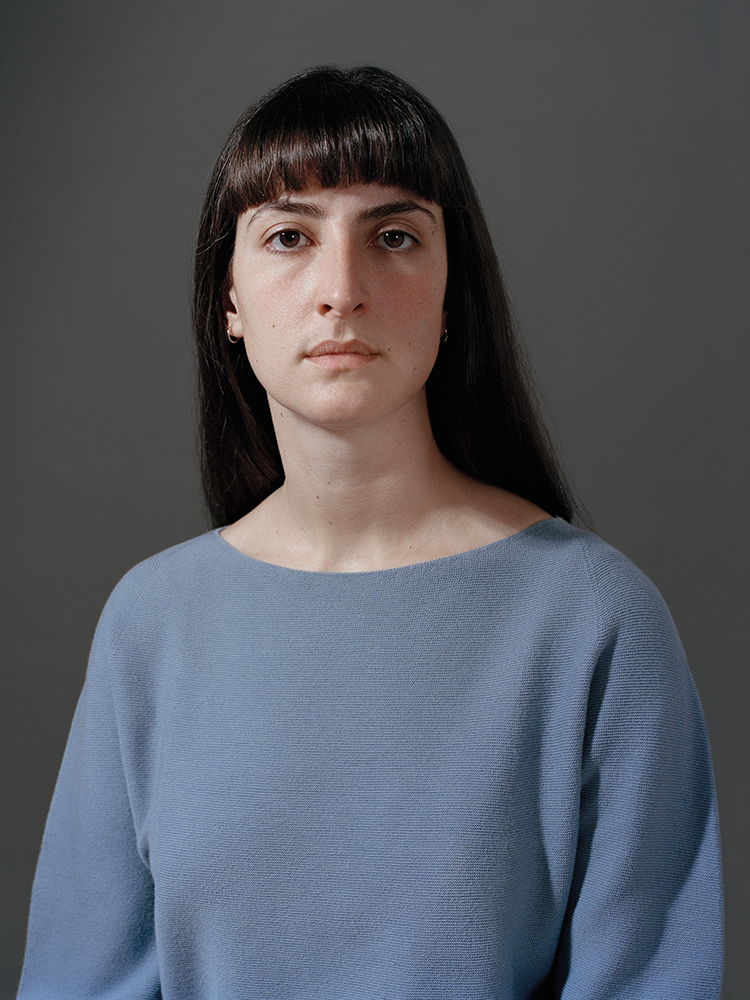
The series captures women from The Hague, Berlin and Belgrade in a new book, titled Odd Time
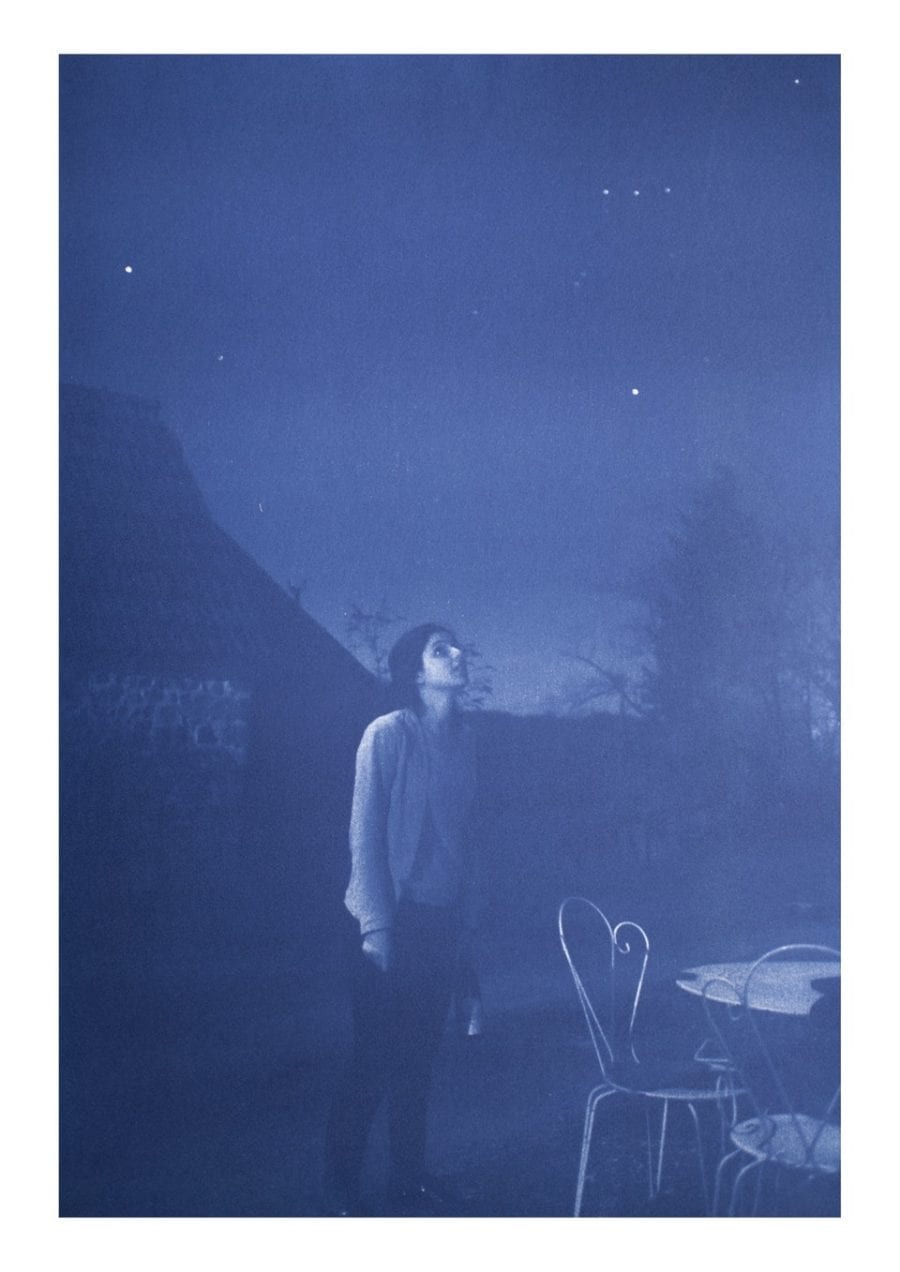
Winner of the BJP International Photography Award 2020, Lhuisset parallels the heroism of Kurdish guerilla fighters in Iraq with their plight once they come to seek refuge in Europe
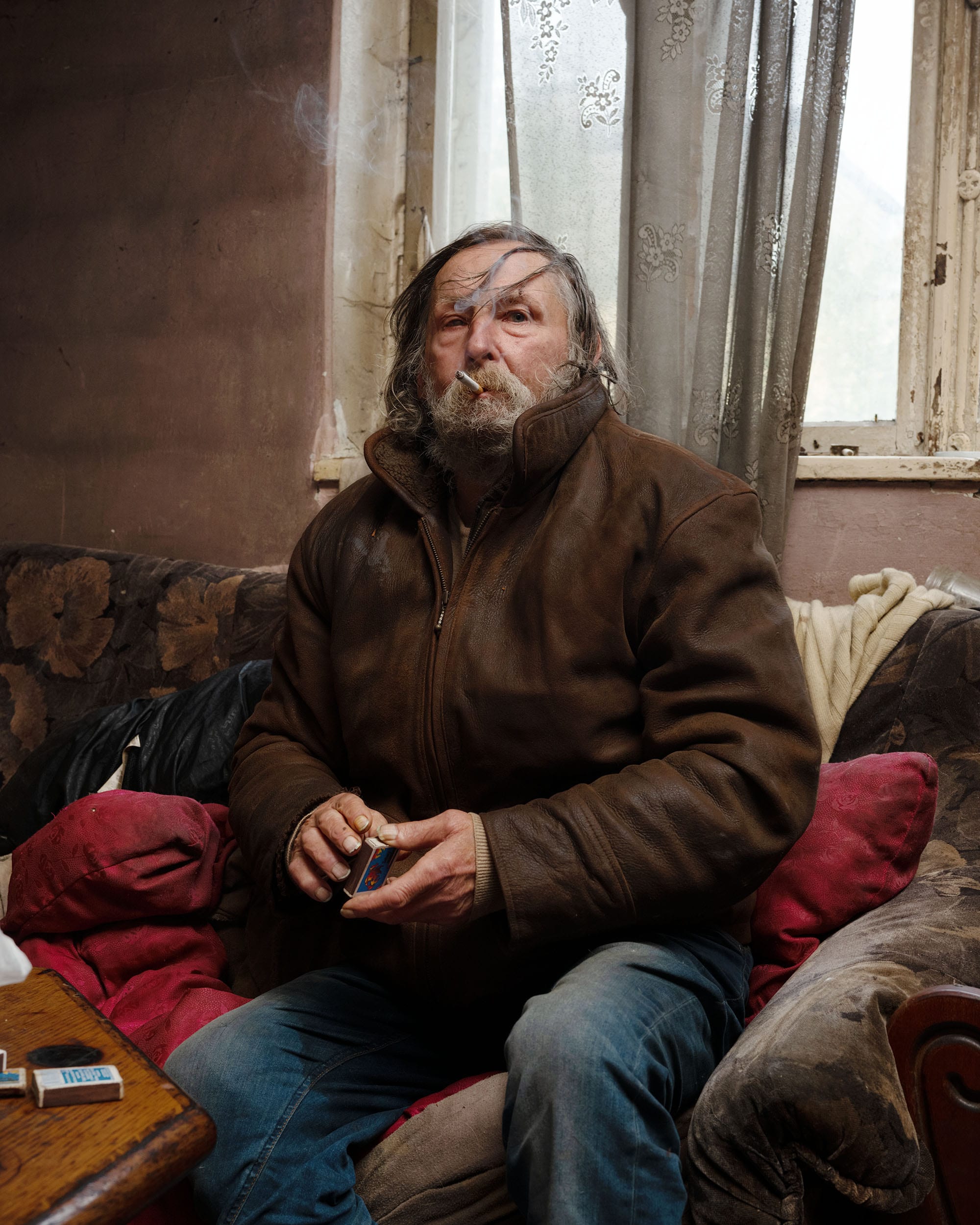
An ambitious ongoing project by photographer Rob Hornstra and writer/filmmaker Arnold van Bruggen puts the spotlight on peripheral European heartlands
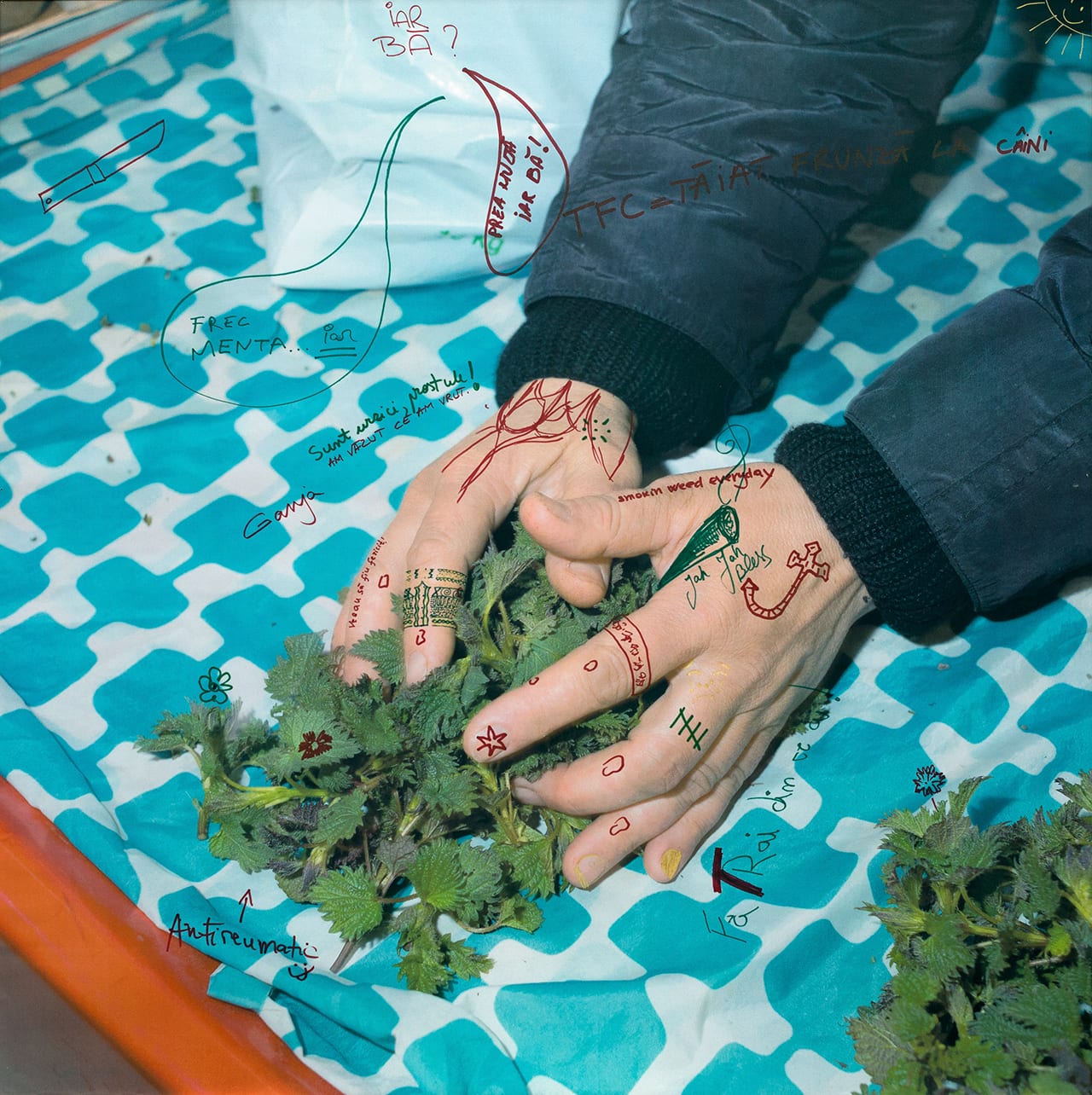
In 2013, a proposal to initiate Europe’s largest gold and silver mining project in Roșia…

“I consider myself a son of the European project,” says Tommaso Rada. “I am part of a generation that lived through the opening of the borders between many different countries, the introduction of the euro, and all the new cultural and linguistic mixing that the European project meant. The feeling of being Italian as well as European is the reason why I am interested in the European Union.”
Rada is now based in São Paulo, but was born in Biella in northern Italy and lived in his home country until he was 25. He watched as the policies of the EU evolved, and as the meaning of the Union began to change. His ongoing series Domestic Borders frames a number of different projects he has made, evoking the varying perspectives of those living along the borders of the member countries.
Back to South, the most recent chapter, focuses particularly on the countries that would be affected if a ‘two-speed’ Europe was implemented – a proposal in which certain members, perhaps those in better economic positions and political situations, would integrate at a faster pace, leaving the others on the periphery. Visiting the areas that would be ‘left behind’, Rada hopes to show the “challenges of living in a unique space with a different passage of time”.
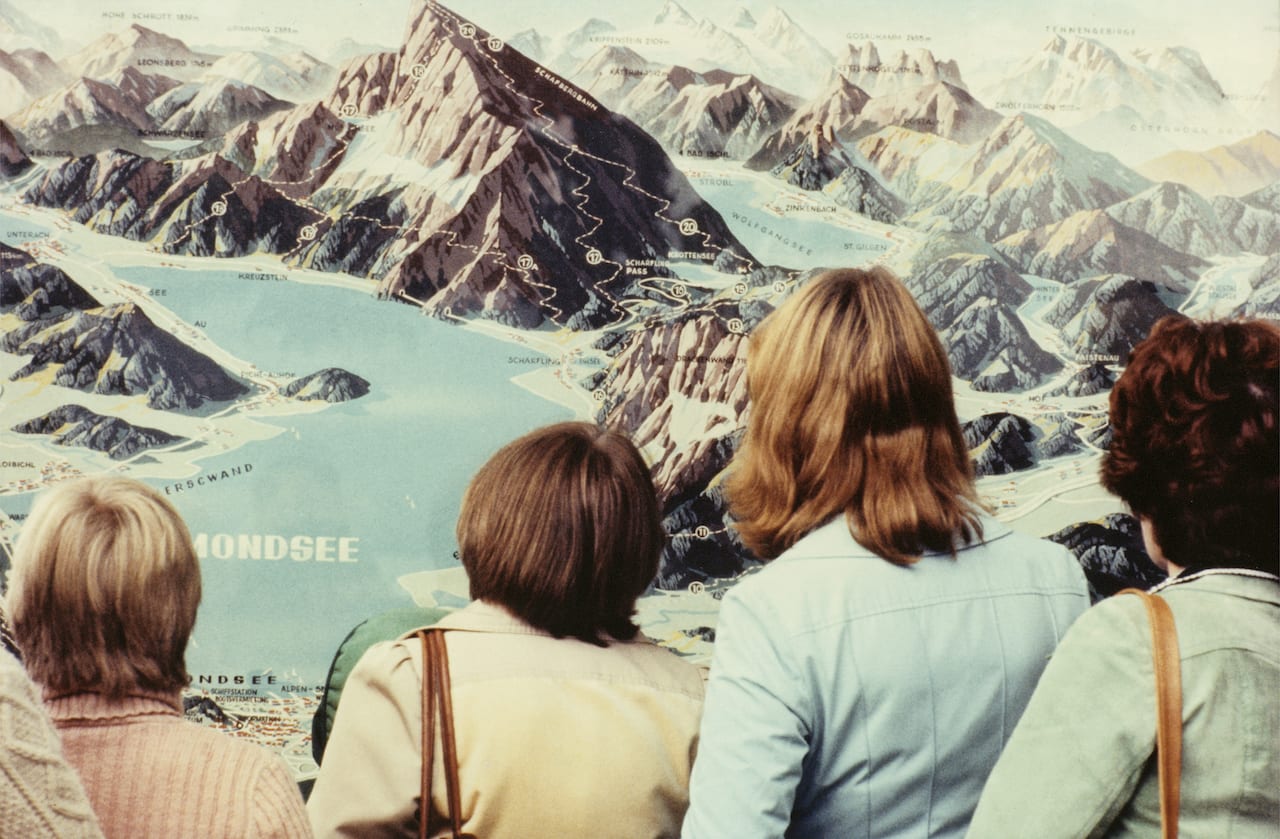
“My aim is not to make PHOTOGRAPHS, but rather CHARTS and MAPS that might at the same time constitute photographs,” writes photographer and prolific writer on his craft, Luigi Ghirri in his 1973 essay, Fotografie del periodo iniziale. Trained as a surveyor, the iconography of maps and atlases prevail Ghirri’s photography. “But what if you map his work?” asks curator James Lingwood. “He was, in a way, mapping the changing topography of modern life in Europe in the 1970s and also the change in the relationship between people and images.”
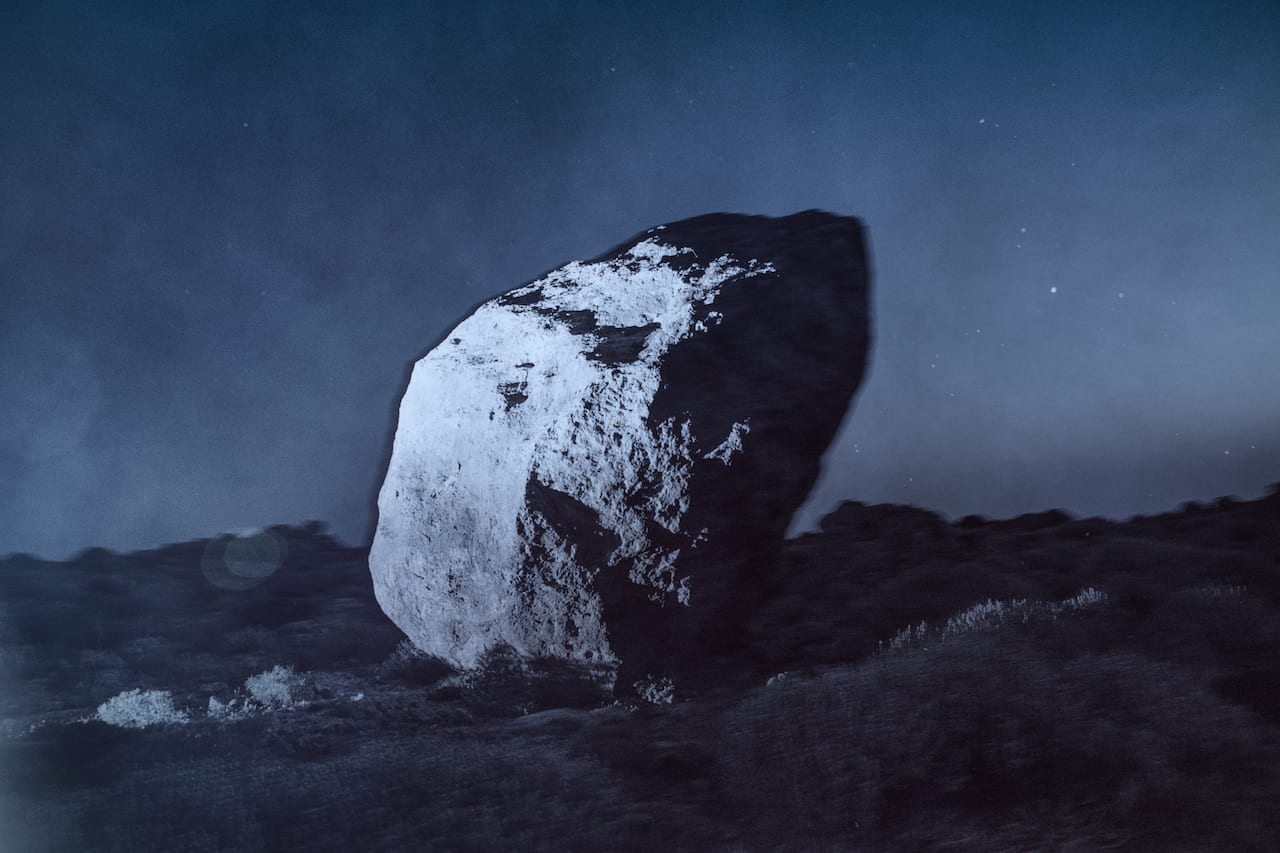
The Circulation(s) festival returns to Paris from 20 April – 30 June, featuring work by photographers based in or originally from Europe. This year the festival has been directed by Francois Cheval and Audrey Hoareau, who used to work together at France’s respected Musée Nicéphore-Niépce but left to set up The Red Eye project. As they’re at pains to explain, though the festival is pitched as a festival of “young photography”, it actually promotes emerging work, whatever the photographer’s age.
“There isn’t really an age limit, the only “true” condition is to come from Europe or to reside in a European country,” they say. “Another criterion is to not have been shown very much in France and Europe. We know that the term ‘young photography’ is ambiguous… Circulation(s)’ desire is simply to offer emerging photographers, regardless of their age, a springboard.”
They add that the festival was one of the first to question the overrepresentation of male photographers, and also to pay its exhibitors; in addition, this year’s edition includes photographers from “countries whose state of contemporary photography is insufficiently known”, such has Georgia or Estonia. It also includes Romania, which this year has a special focus as part of the French Institute’s France-Romania Season.
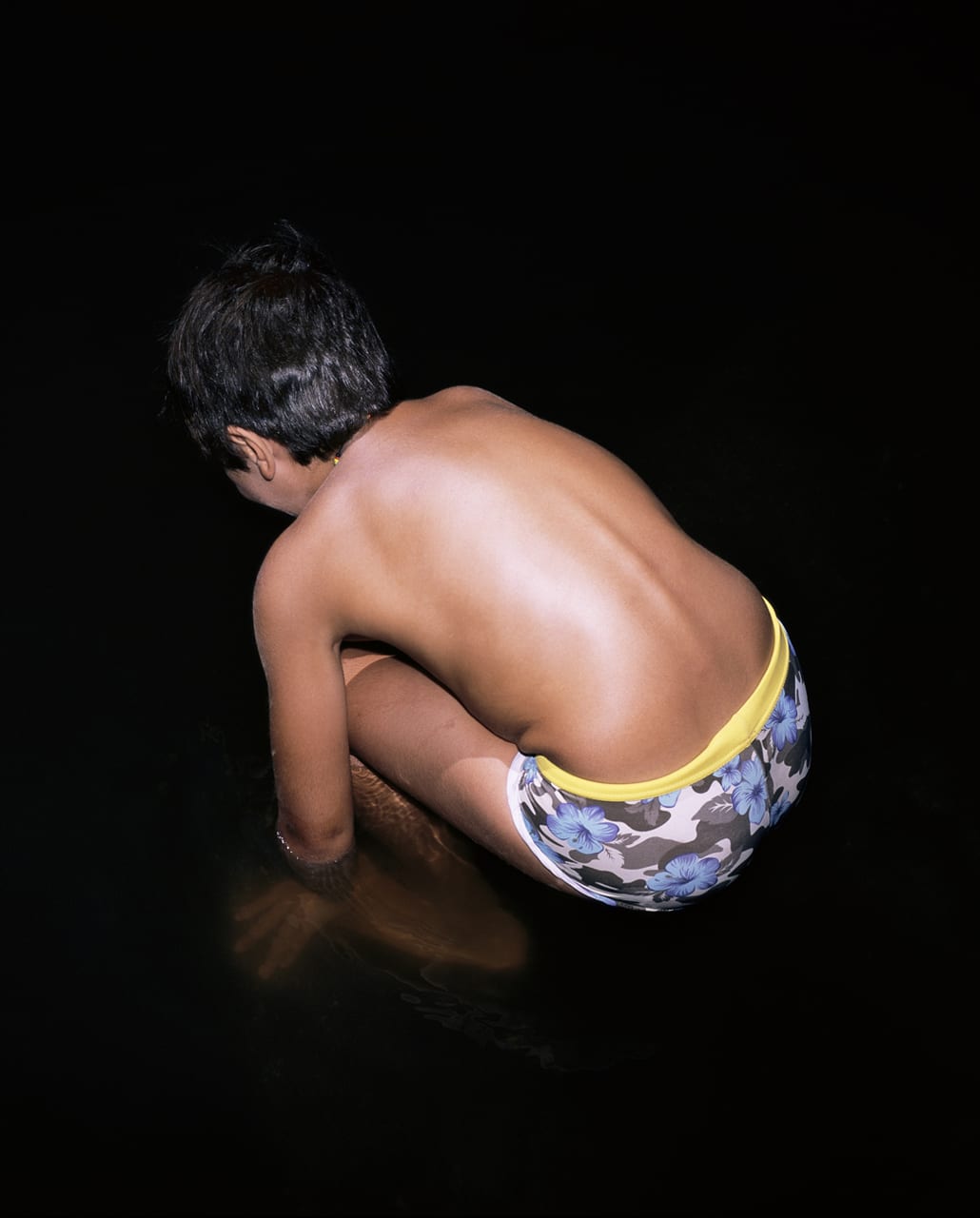
Since childhood, the Portuguese landscape of Beira Interior has held a personal resonance for photographer Tito Mouraz. “I have a relationship and a past with this region,” he says. Encouraged by “a fusion of happy memories”, Mouraz began a new body of work named Fluvial, which focuses on the landscape and the people that come and go there. For Fluvial, he returned to the familiar territory for six consecutive summers between 2011 and 2017. Described by Humberto Brito as an “ode to leisure”, the images blend fiction and reality, capturing meditative junctures by the water. “These are informal moments in the Portuguese society, predominantly migrants returning home from northern Europe for the summer holidays to join their families,” explains Mouraz.